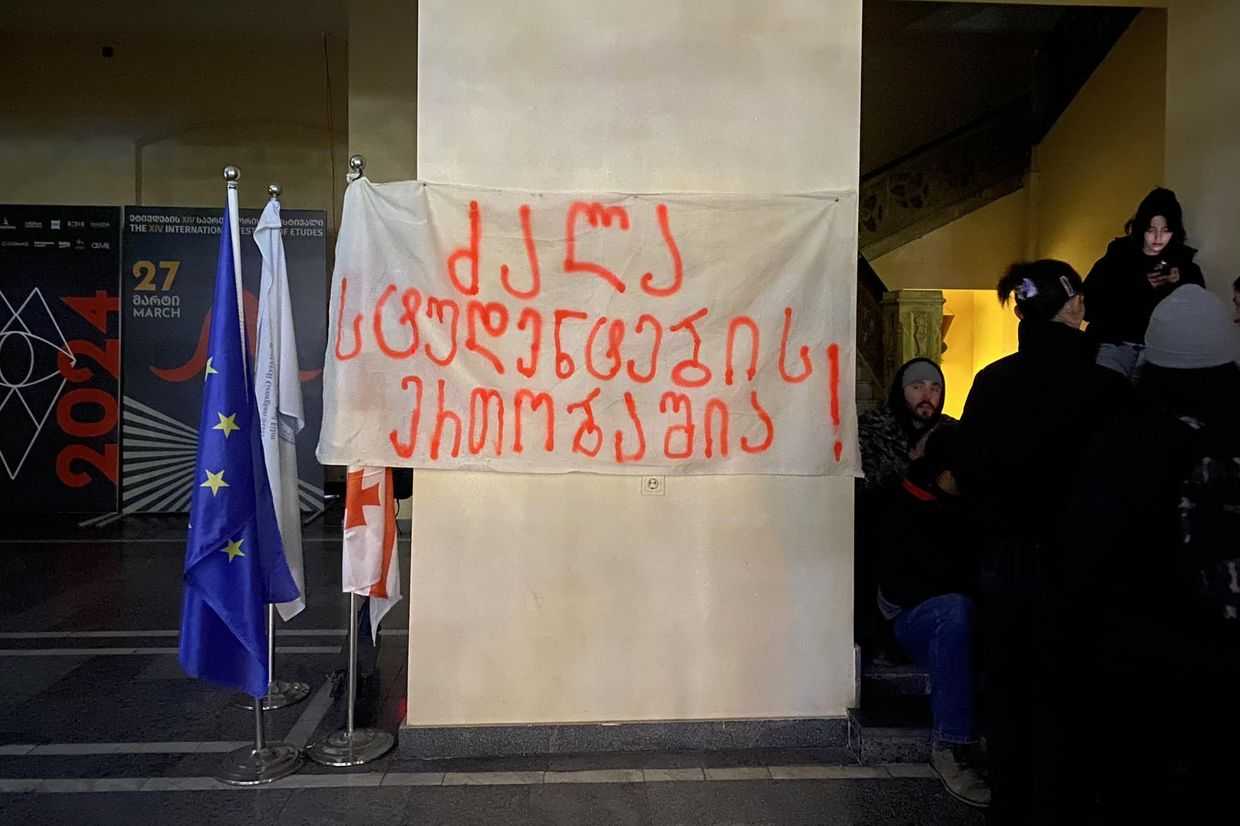
The ruling Georgian Dream party has passed amendments giving more power to parliament and the speaker of parliament in deciding the makeup of the Central Election Commission (CEC).
The amendments to the electoral code passed their third reading with 82 MPs voting in favour and two against. Members of the opposition largely abstained from voting.
The changes introduced a system that would allow the speaker of parliament to nominate all CEC candidates based on a shortlisted selection of candidates provided by a separate commission, depriving the president of Georgia of the ability to nominate candidates.
The new system allows parliament to elect the chair of the CEC along with seven members for a term of five years, a marked downsize from the previous model, which allowed for up to 17 members.
With the new amendments in place, the parliamentary speaker will nominate candidates for the CEC based on a shortlisted selection of nominees chosen by the Competitive Commission, which will consist of nine members, including a representative of the president, representatives of civil society, and academics.
The candidates chosen by the speaker will then be presented to parliament, which would have the final say on who chairs and becomes part of the CEC.
The new Electoral Code amendments will replace a model put forth by EU Council President Charles Michel as part of an EU-brokered deal between Georgia’s ruling party and opposition in April 2021 that included judicial and electoral reforms.
Georgian Dream pulled out of the agreement in July 2021 — three months after it was signed — but continued using the election mechanics for the CEC until now.
Neither major opposition figures nor President Salome Zurabishvili have commented on the new amendments since they were passed.
Zurabishvili pledged to veto the law on 10 May, a move that would at least delay their implementation.
‘When selecting candidates, the President is guided by their degree of independence and impartiality. The President does not question their qualifications, but fundamentally believes that single-party appointments to such positions go against statehood and the European future. Therefore, the President will veto this law as well’, read Zurabishvili’s May statement.









